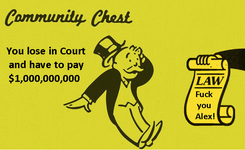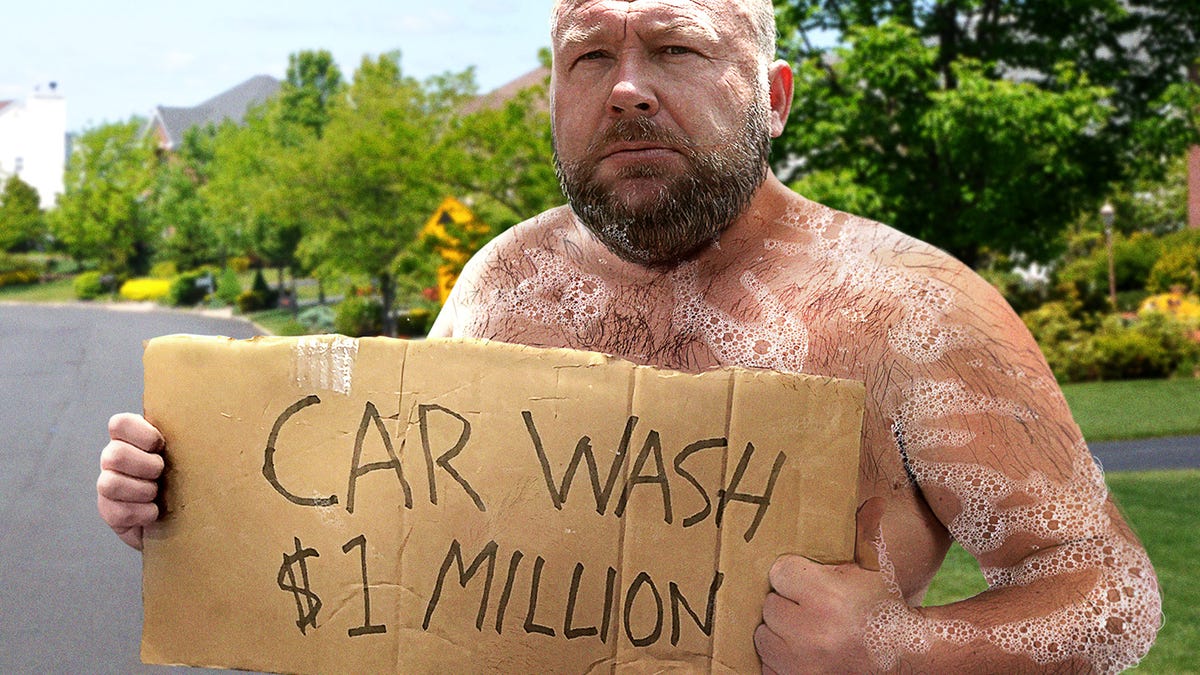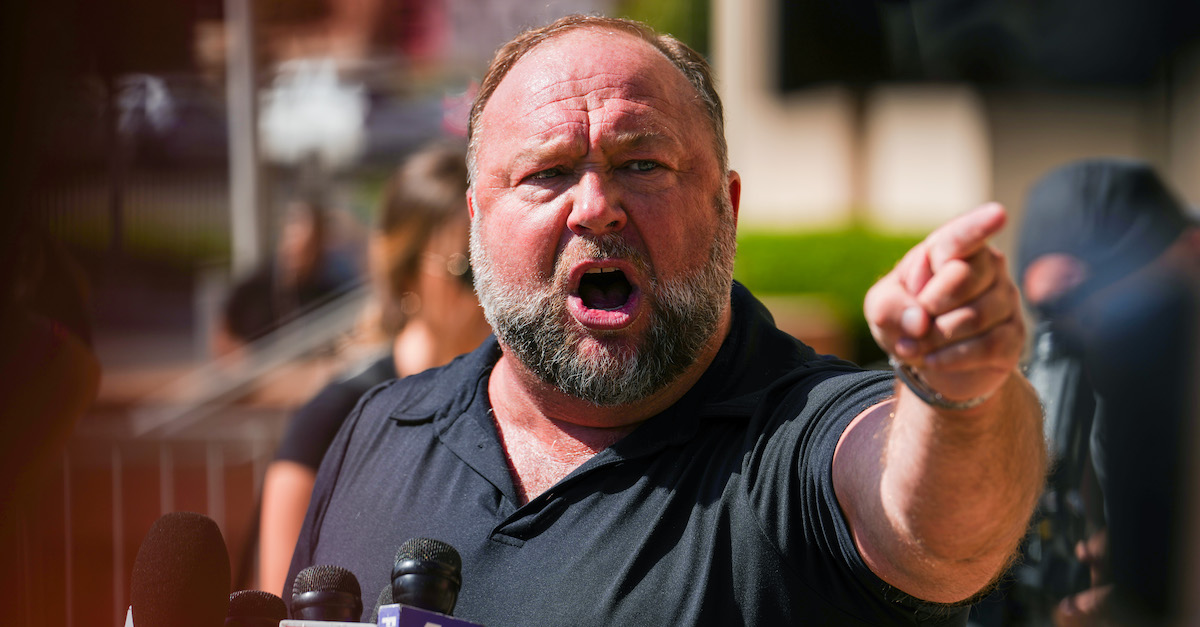That document further asserts that the Sandy Hook plaintiffs failed “to offer any evidentiary standard by which the jury could calculate damages.” Therefore, the verdict was “a species of wild speculation unsupported by law” and was entered in violation of principles of due process, according to Jones’ attorneys.
In another document, Jones lawyers
Norm Pattis and
Kevin Smith say the judge’s handling of the case “resulted in a complete abdication of the trial court’s role in assuring a fair trial and that the amount of the compensatory damages award exceeds any rational relationship to the evidence officered at trial.”
“The defendants seek a new trial,” that document says. “The verdict in the instant case is both unjust and against the weight of the evidence.”
The four documents filed by the defense are a motion to set aside the verdict (which calls for a new trial), a motion for “
remittitur” (which is a request to correct an allegedly unfair damages award, sometimes without a new trial, though one is requested here), and two separate memoranda of law in support of those two motions.
The memorandum in support of the remittitur request carries the arguments further. It asserts that the original default judgment against Jones — for what the judge concluded were repeated discovery violations — resulted in an incorrect picture for the jury to consider:







